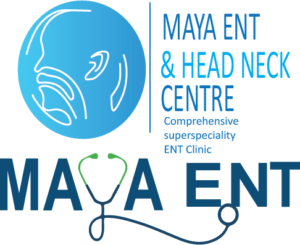Vertigo Evaluation
- Home
- Vertigo Evaluation
Vertigo Evaluation
Evaluating vertigo, a sensation of dizziness where you or your surroundings may appear to be spinning or moving, typically involves a comprehensive medical assessment to determine the underlying cause.
Featured Service
Medical History: The healthcare provider will start by taking a detailed medical history. They will ask questions about the onset of vertigo, the frequency and duration of episodes, any associated symptoms, and any relevant medical conditions.
Physical Examination: A physical examination will be conducted to assess balance, coordination, and neurological function. The provider will also perform tests like the Dix-Hallpike test to provoke vertigo or nystagmus (involuntary eye movements) that may provide clues about the underlying cause.
Audiological Evaluation: Since inner ear disorders are a common cause of vertigo, an audiological evaluation may be conducted, which can include pure-tone audiometry, speech audiometry, and tests like caloric testing, which assesses the response of the inner ear to temperature changes.
Vestibular Function Tests: Vestibular function tests are specialized evaluations of the inner ear’s balance system. These tests may include electronystagmography (ENG), videonystagmography (VNG), rotary chair testing, or vestibular evoked myogenic potentials (VEMP) testing.
Imaging Studies: In some cases, imaging studies such as magnetic resonance imaging (MRI) may be ordered to rule out structural abnormalities in the brain or inner ear, especially when other tests do not provide a clear diagnosis.
Blood Tests: Blood tests may be ordered to assess blood sugar levels, electrolyte balance, or detect any underlying metabolic conditions that could contribute to dizziness.
Electroencephalography (EEG): EEG may be used to evaluate brain function and rule out conditions such as epilepsy that can cause dizziness and altered consciousness.
Cardiovascular Assessment: Cardiovascular evaluation may include monitoring blood pressure while lying down, sitting, and standing to check for orthostatic hypotension, a condition where blood pressure drops significantly when changing positions.
Medication Review: The healthcare provider will review the patient’s current medications to determine if any may be contributing to vertigo or dizziness.
Consultation with Specialists: Depending on the suspected cause of vertigo, the patient may be referred to specialists such as an otolaryngologist (ear, nose, and throat specialist), neurologist, or a vestibular rehabilitation therapist.
About Service
Our Specialist Doctor

